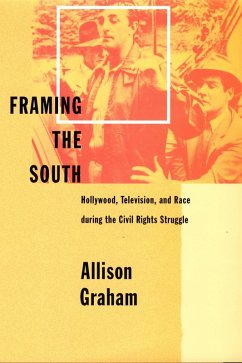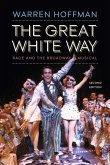What patterns emerge in media coverage and character depiction of Southern men and women, blacks and whites, in the years between 1954 and 1976? How do portrayals of the region and the equal rights movement illuminate the spirit and experience of the South-and of the nation as a whole? In Framing the South, Allison Graham examines the ways in which the media, particularly television and film, presented Southerners during the period of the civil rights revolution.Graham analyzes depictions of southern race and social class in a wide range of Hollywood films-including A Streetcar Named Desire, The Three Faces of Eve, and A Face in the Crowd from the 1950s; later films like Cool Hand Luke, In the Heat of the Night, and Mississippi Burning; and MGM's Elvis Presley vehicles. She traces how films have confronted-or avoided-issues of racism over the years, paralleling Hollywood depictions with the tamer characterization of the likeable "e;hillbilly"e; popularized in television's The Real McCoys and The Andy Griffith Show. Graham reinforces the political impact of these fictional representations by examining media coverage of civil rights demonstrations, including the documentary Crisis: Behind the Presidential Commitment, which reported the clash between Robert Kennedy and Governor George Wallace over the integration of the University of Alabama. She concludes with a provocative analysis of Forrest Gump, identifying the popular film as a retelling of post-World War II Southern history.
Dieser Download kann aus rechtlichen Gründen nur mit Rechnungsadresse in A, B, BG, CY, CZ, D, DK, EW, E, FIN, F, GR, HR, H, IRL, I, LT, L, LR, M, NL, PL, P, R, S, SLO, SK ausgeliefert werden.









